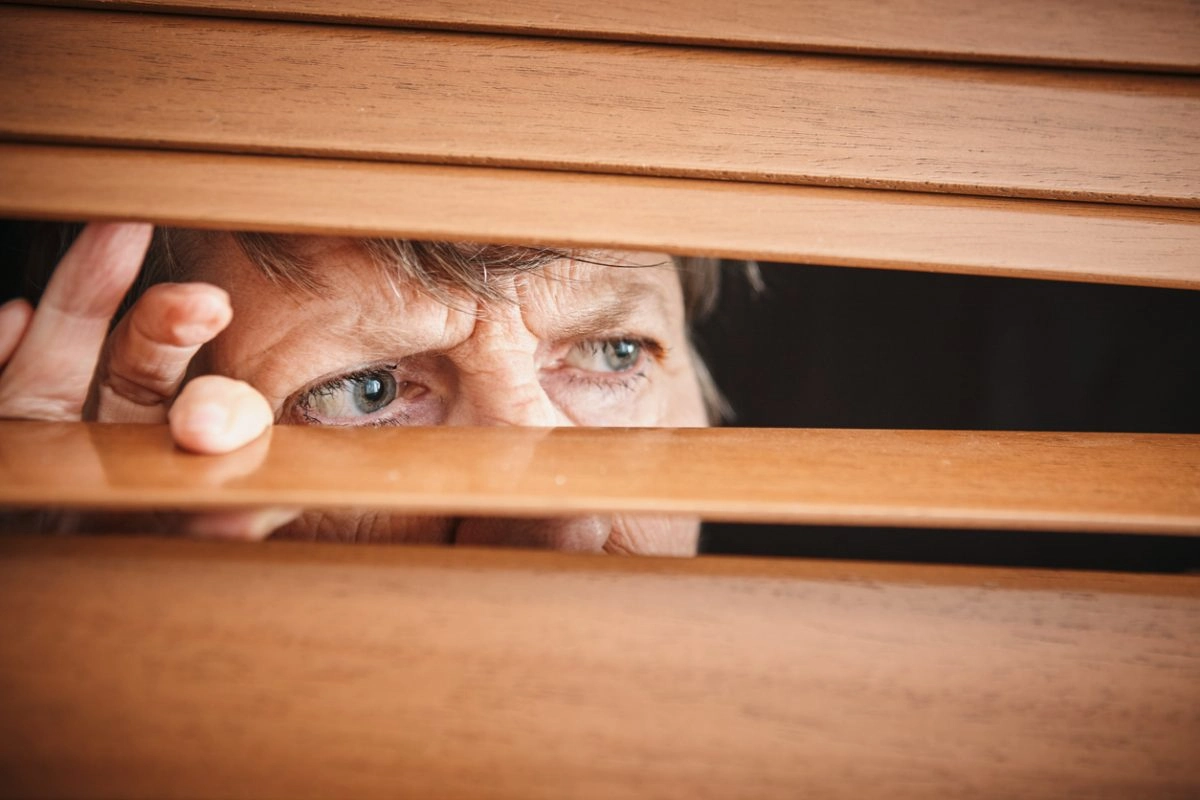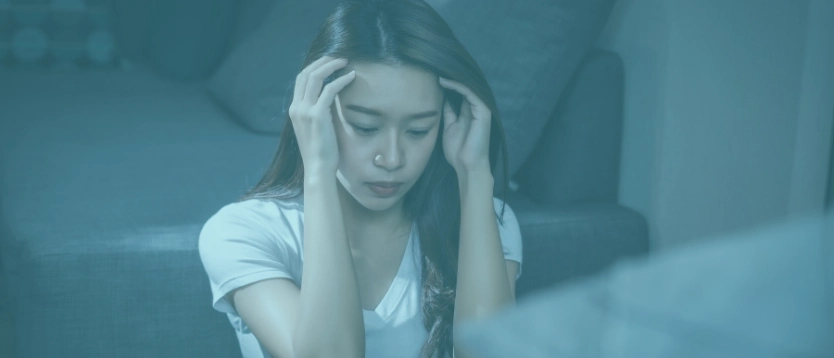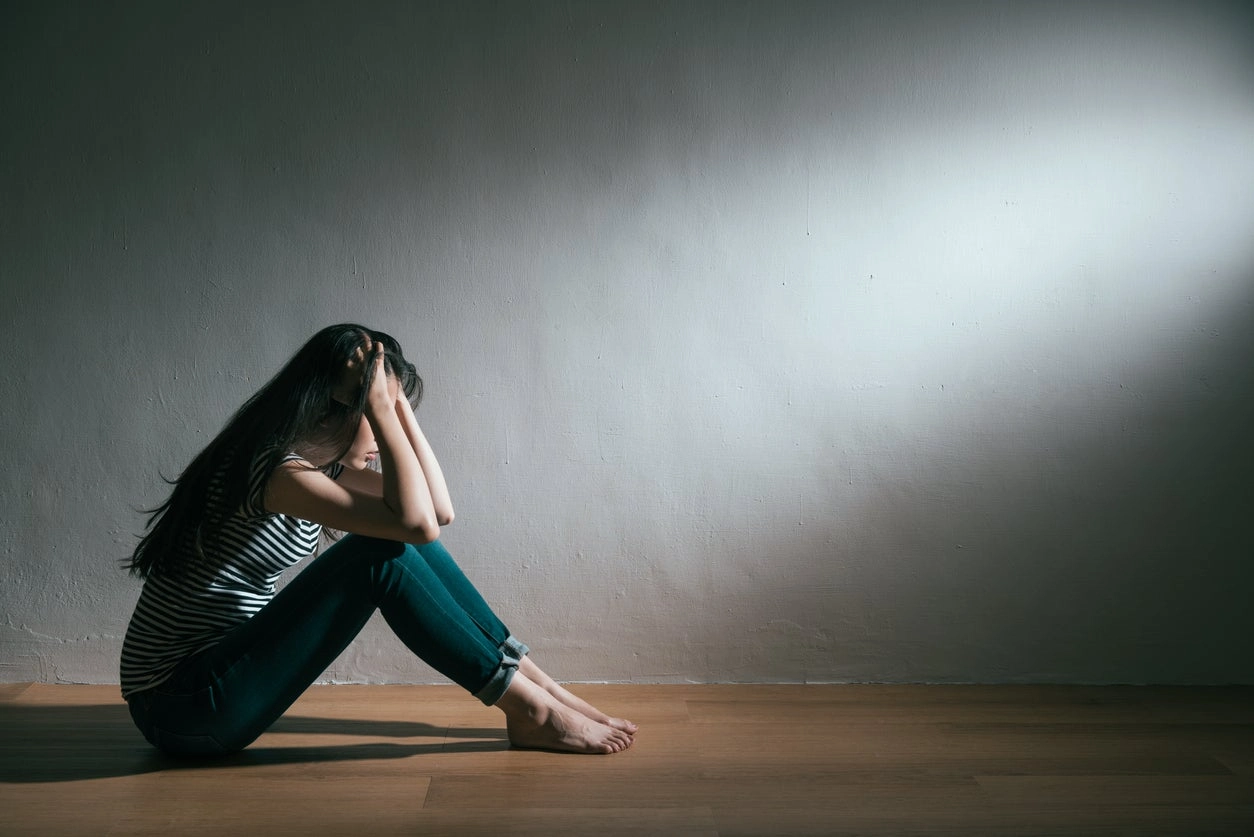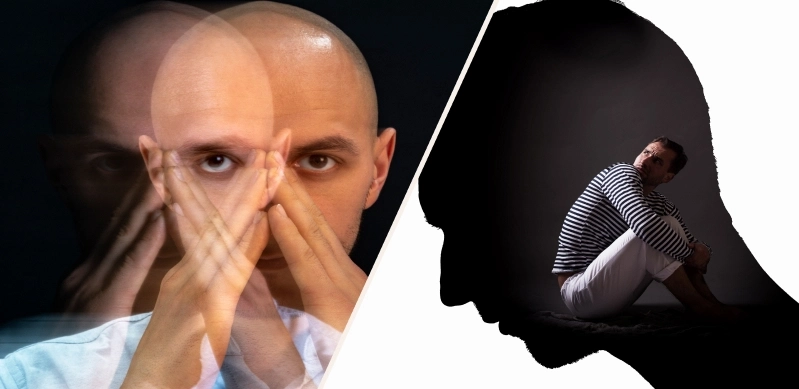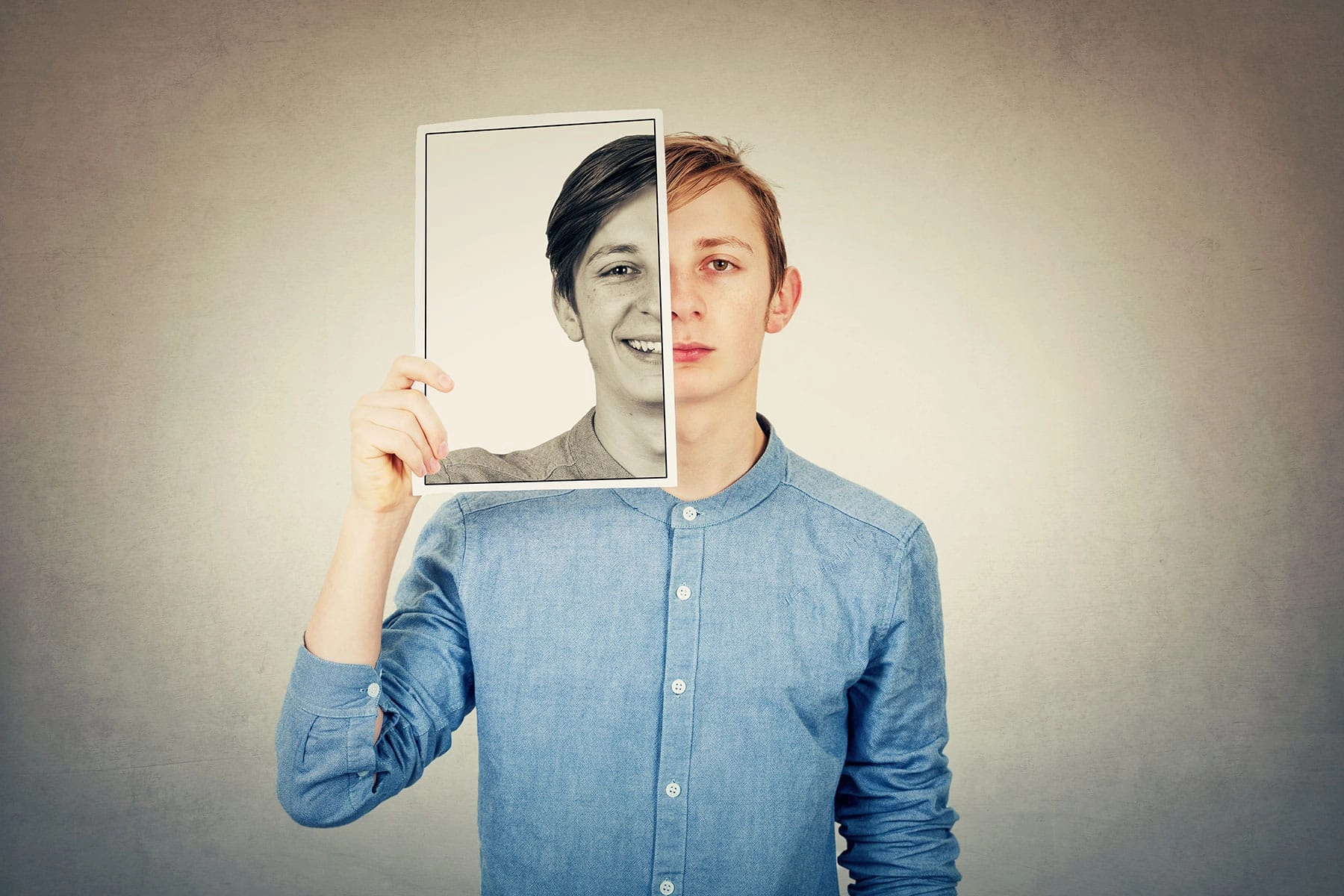Can Being Dehydrated Cause High Blood Pressure: Even though dehydration is common, many people still have concerns regarding hydration and dehydration, such as whether dehydration can raise blood pressure.
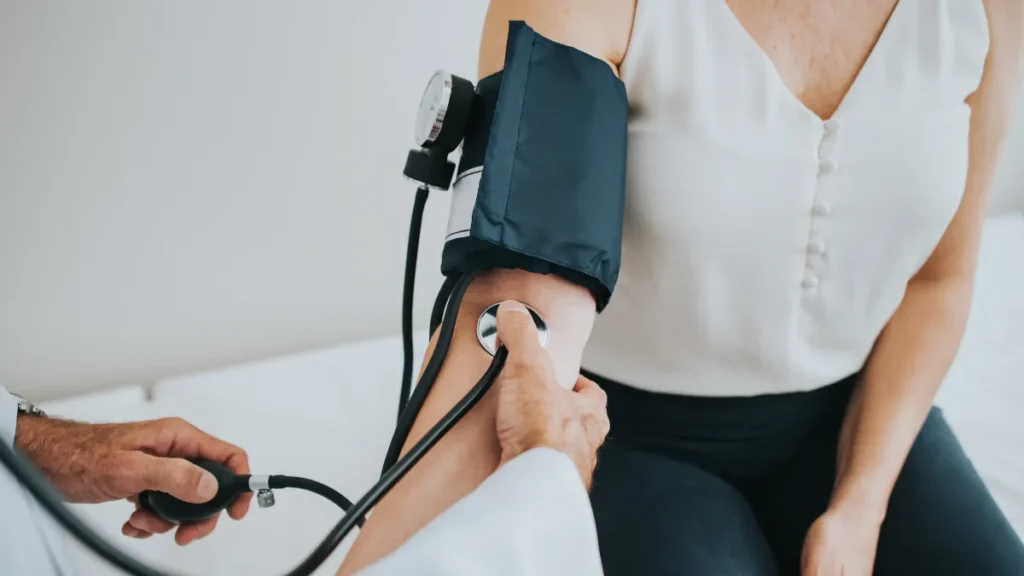
We will address some of the most frequently asked topics concerning hydration and dehydration in this post. Can high blood pressure result from dehydration? How is dehydration treated? Let’s investigate!
What Is Dehydration?
When your body doesn’t have enough water to function properly, you get dehydrated. Numerous bodily functions, such as controlling body temperature, eliminating waste, and delivering nutrients to cells, depend on water. A deficiency of water in the body can cause a number of symptoms and problems.
Dehydration can occur rapidly, which makes it dangerous, particularly in hot temperatures or when you’re exercising. Typical reasons for dehydration include:
- Excessive sweating
- Vomiting
- Diarrhea
- Not consuming enough water
Thirst, dry mouth and throat, headache, exhaustion, lightheadedness, dark urine, and dry skin are some of the mild to severe signs of dehydration.
Dehydration might result in more severe side effects like heat exhaustion or heat stroke if treatment is not received. These illnesses need to be treated right away since they might be fatal. Chronic illnesses like renal disease or high blood pressure can worsen as a result of dehydration.
Symptoms Of Dehydration
To determine whether you are dehydrated, look for some of the symptoms that indicate your body is deficient in fluids. The following are some typical signs of dehydration to watch out for:
- Thirst: One of the first symptoms of dehydration is feeling thirsty. Your body is beginning to lose water if you are experiencing thirst.
- Dry throat and mouth: Your tongue and throat may get dry when you’re dehydrated, which makes it hard to swallow or speak.
- Lightheadedness and dizziness: Feeling lightheaded or dizzy due to dehydration can be problematic when standing or operating a motor vehicle.
- Dark urine: Your urine may turn dark when dehydrated, a sign that your body is not getting enough water.
- Wrinkled Skin: Your skin becomes wrinkled, flaky, and irritating when you are dehydrated.
It’s crucial to stay hydrated and, if required, seek medical help at your neighborhood Atlanta urgent care center if you’re exhibiting any of these symptoms.
Can Dehydration Cause High Blood Pressure?
In certain situations, dehydration can result in hypertension or elevated blood pressure. Your blood gets thicker and more concentrated when your body is dehydrated, which might raise your blood pressure. Blood pressure rises as a result of your heart having to work harder to pump blood throughout your body.
Your body releases hormones when you’re dehydrated, which might cause your blood vessels to constrict and raise your blood pressure. Dehydration can worsen high blood pressure and make it more challenging to maintain if you already have it or are at risk for developing it.
Maintaining proper hydration is essential for preserving a healthy blood pressure level. Dehydration can be avoided and blood pressure can be controlled by drinking lots of water, particularly in hot weather or when you’re exercising.
It’s always a good idea to speak with a medical expert if you have concerns about your blood pressure. Visit our urgent care center in Atlanta whenever you need to if you’re experiencing symptoms of dehydration or a cardiac problem.
Does Dehydration Cause Low Blood Pressure?
In actuality, dehydration can result in both low and high blood pressure. Your body lacks the fluid necessary to adequately control blood pressure while you’re dehydrated, which might cause your blood pressure to drop.
Once again, your blood vessels narrow to help preserve water when you’re dehydrated, which might raise blood pressure. Thus, maintaining appropriate blood pressure levels requires drinking plenty of water.
What Is The Fastest Way To Cure Dehydration?
Although dehydration can be rather serious, it is usually simple to treat. Rehydrating your body with electrolytes is the quickest way to treat dehydration.
The minerals salt, potassium, and magnesium are known as electrolytes, and they aid in the maintenance of fluid equilibrium in your body. Restoring these vital minerals and water is your first priority because your body loses them when you’re dehydrated.
Drinking an electrolyte solution, such as sports drinks, coconut water, or rehydration beverages from pharmacies, is one of the best ways to achieve this. These beverages are made to swiftly replenish the fluids and electrolytes that dehydration has caused you to lose.
Not carrying an electrolyte solution? Another option is to manufacture your own by combining water, a small amount of sugar or honey, and a bit of salt. Drinking it gently will allow your body to effectively absorb the hydration and electrolytes.
Avoiding beverages like alcohol and caffeine, which can further dehydrate you, is also a good idea. Whenever possible, choose water, tea, or other hydrating drinks instead.
What Is The Best Fluid For Dehydration?
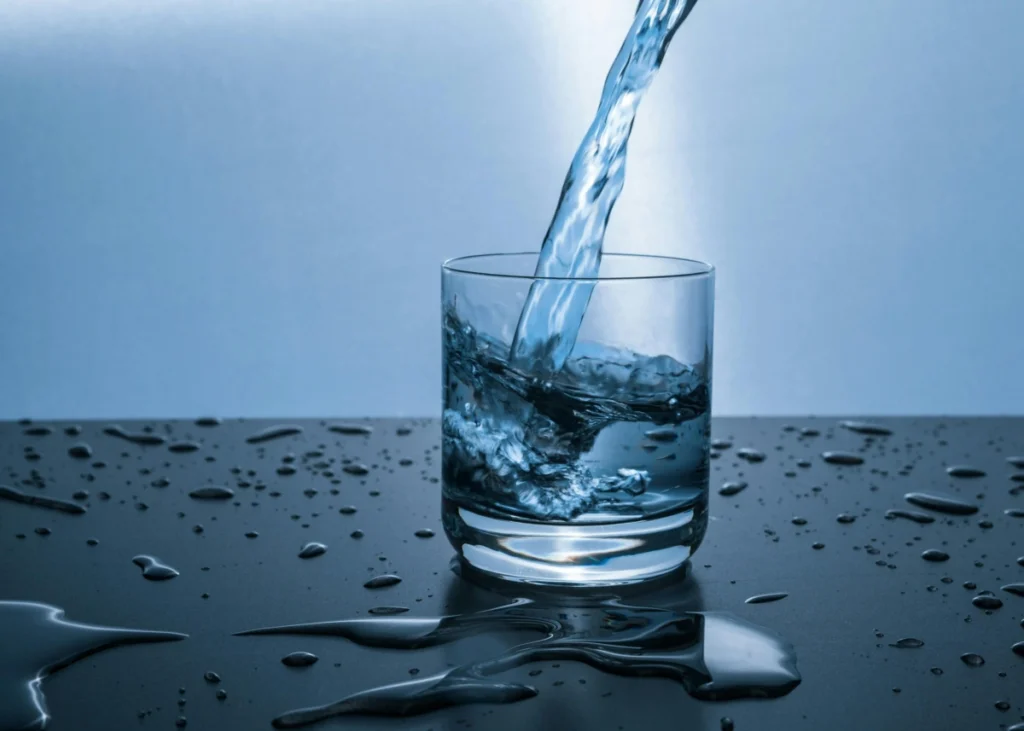
Water is the best beverage to consume. A natural and convenient way to stay hydrated, water can help replenish fluids lost through perspiration, urine, and other body processes. For the majority of individuals, it’s a healthy alternative because it’s free of calories and sugar.
For rehydration, sports drinks or electrolyte solutions might be a good choice, particularly if you’re exercising vigorously or have lost a lot of fluids. Electrolytes like potassium and sodium, which are found in these drinks, aid in replenishing the salts that are lost through perspiration.
The greatest option for rehydrating is still water. To stay properly hydrated, drink water frequently throughout the day, particularly when exercising, when it’s hot outside, or when you’re sick.
How Long Does It Take To Recover From Dehydration?
The recovery period from dehydration varies. A number of factors are important, including the degree of dehydration, the cause, and the general health of the person.
By consuming fluids within a few hours, mild dehydration—which manifests as symptoms like thirst, dry mouth, and dark urine—can typically be resolved. By consuming lots of water or other liquids, people can usually recover from mild dehydration in 24 to 48 hours.
More serious episodes of dehydration, which can result in lightheadedness, disorientation, and a fast heartbeat, might necessitate medical attention. The degree of dehydration and the patient’s reaction to treatment can affect recovery time.
Takeaway
Dehydration is a prevalent ailment that, if neglected, can have detrimental effects on one’s health. You can prevent dehydration and maintain optimal bodily functions by drinking plenty of water and being aware of the symptoms.
To avoid more serious consequences, it’s critical to get medical help as soon as you notice any signs of dehydration.


